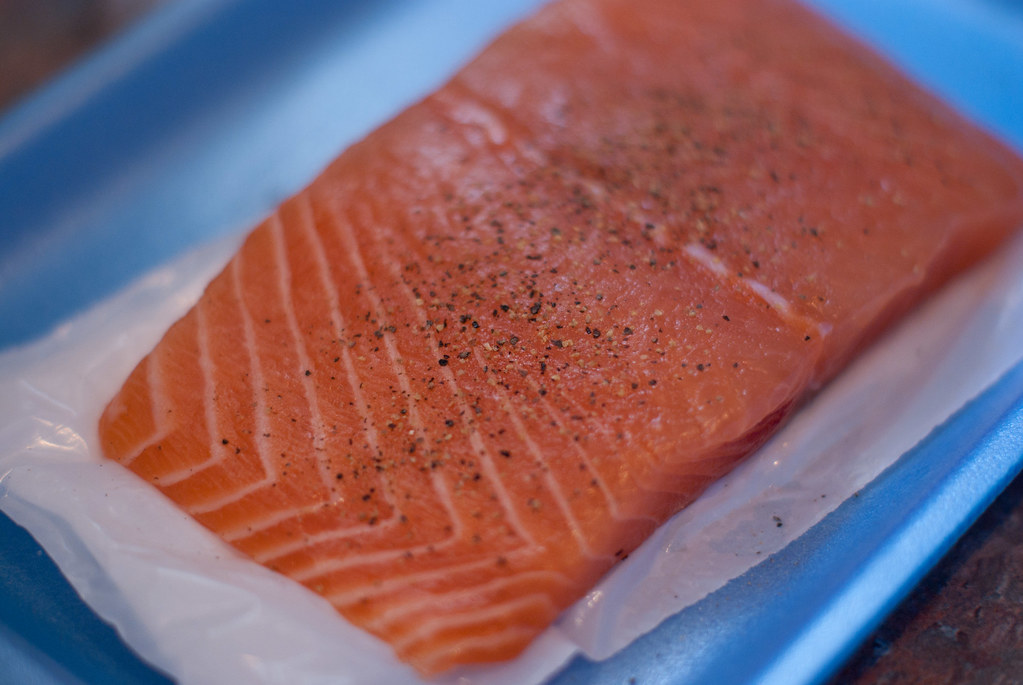
As you move past 50, your body doesn’t work quite the same way it used to, and that means your food choices matter even more. This is the age where the right foods can help protect your bones, sharpen your memory, and even give your energy a little boost when the afternoon slump hits. These 15 foods aren’t just healthy—they’re smart choices for maintaining a healthy lifestyle.
Salmon
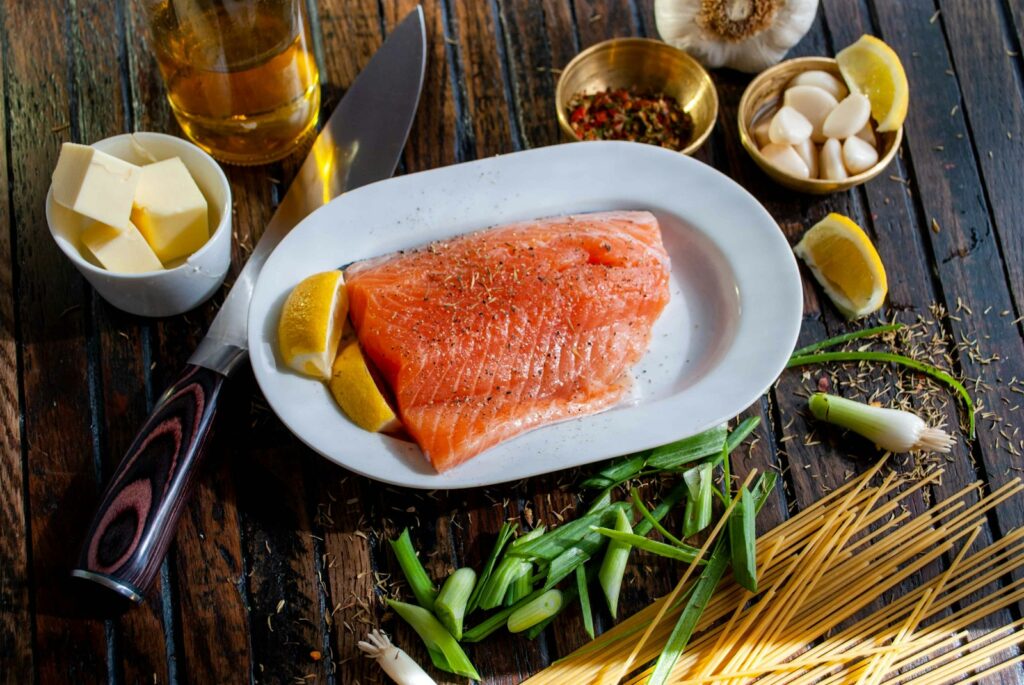
Adding salmon to your meals a couple of times a week is one of the smartest things you can do for your heart and brain. Rich in omega-3 fats, salmon helps reduce inflammation, support memory, and ease aching joints. It gives your skin a beautiful glow and may lower your risk of heart disease. Whether grilled, baked or in a salad, it’s a flavorful and protective choice.
Greek Yogurt
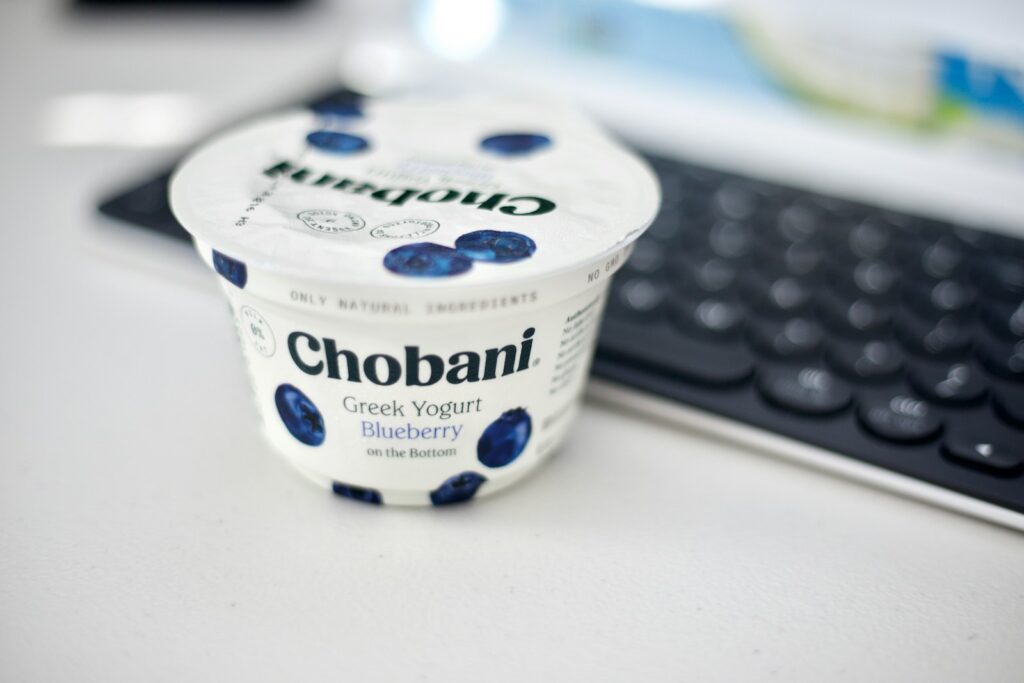
Greek yogurt is more than just a snack—it’s a powerful source of protein and calcium. As your body naturally loses muscle and bone density with age, this food helps slow that process. It also supports gut health and keeps you feeling full longer. Swap it in for sour cream, or use it as a base for breakfast with fruit and nuts for a nutrient-packed start to your day.
Blueberries
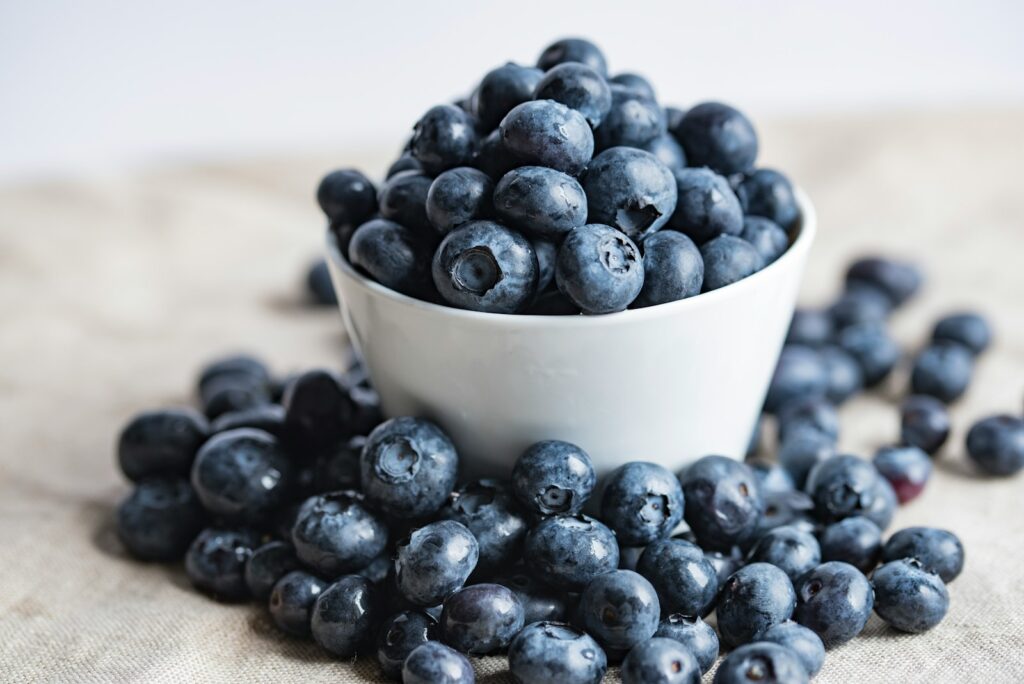
These small berries pack a serious punch when it comes to brain health. Blueberries are rich in antioxidants that may slow age-related memory decline and protect brain cells from damage. They’re also anti-inflammatory, which helps your whole body feel better over time. Whether tossed in cereal, blended into smoothies, or eaten by the handful, they’re one of the tastiest ways to support sharp thinking after 50.
Leafy Greens
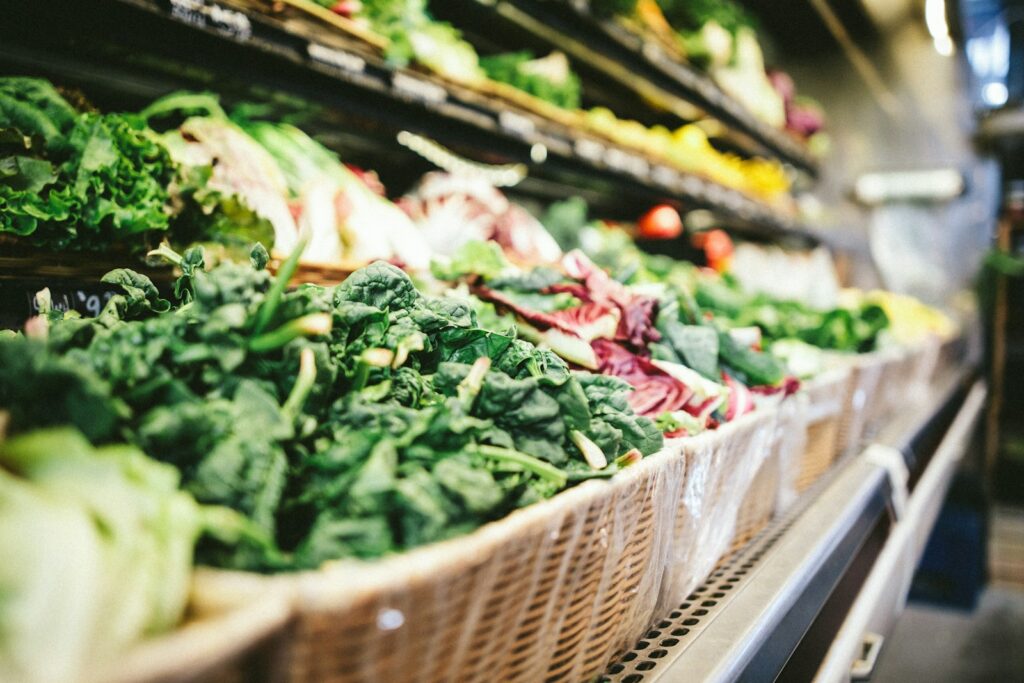
Spinach, kale, and some other leafy greens are filled with vitamins and nutrients that our body needs more of as we get older. They help protect vision, support heart health, and may even slow cognitive decline. They also give your digestive system a boost thanks to all that fiber. A simple salad or sautéed side dish a few times a week can quietly work wonders for your long-term health.
Oats
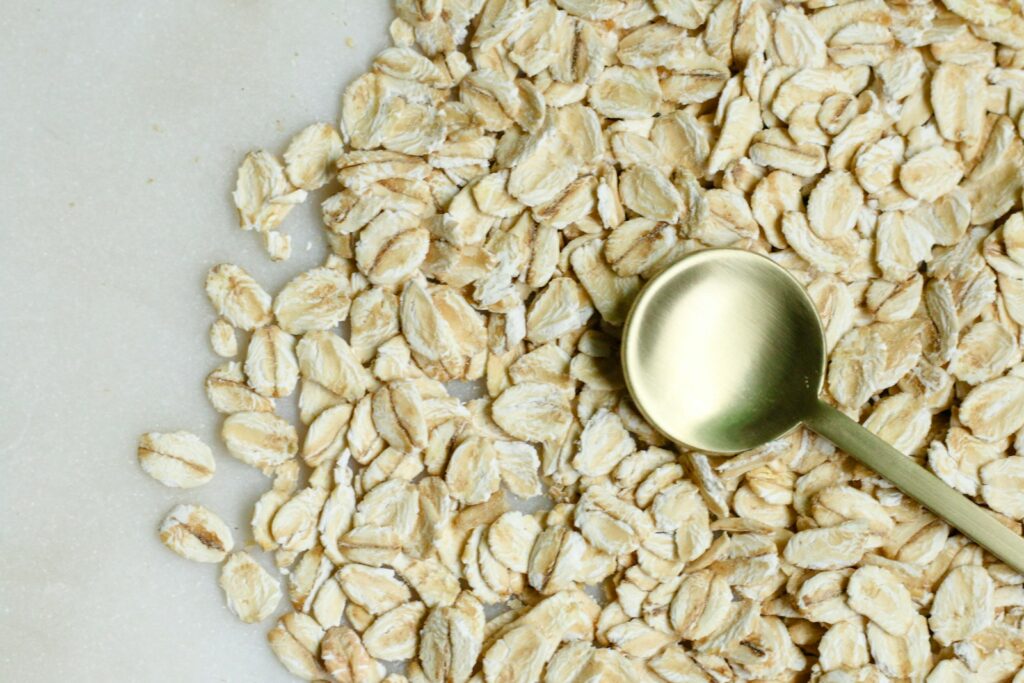
Oats are one of those foods that do a lot with very little fuss. High in soluble fiber, they help lower cholesterol, regulate blood sugar, and keep digestion running smoothly—all issues that tend to pop up more often after 50. A bowl of oatmeal in the morning can keep you full, focused, and balanced, especially when topped with fresh fruit or some nuts for extra goodness.
Walnuts
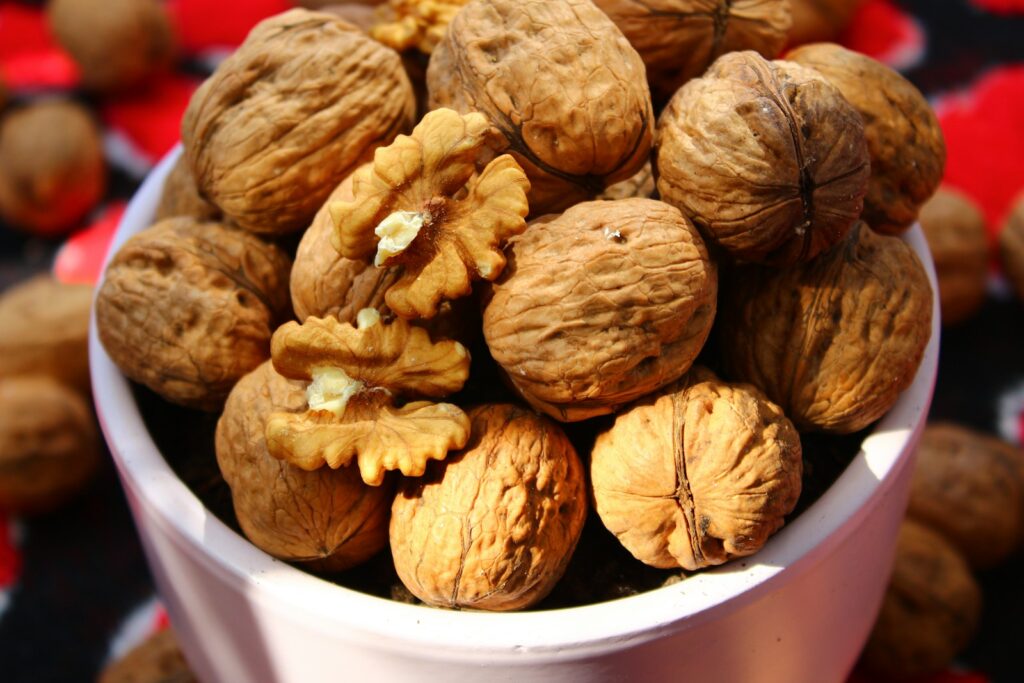
A handful of walnuts a day can support both your heart and your brain. These nuts are rich in plant-based omega-3s, which help fight inflammation and may reduce your risk of memory loss as you age. They also support gut health, which affects everything from digestion to mood. Whether eaten alone or added to salads or oatmeal, walnuts are a satisfying and heart-smart snack that’s easy to keep around.
Beans and Lentils
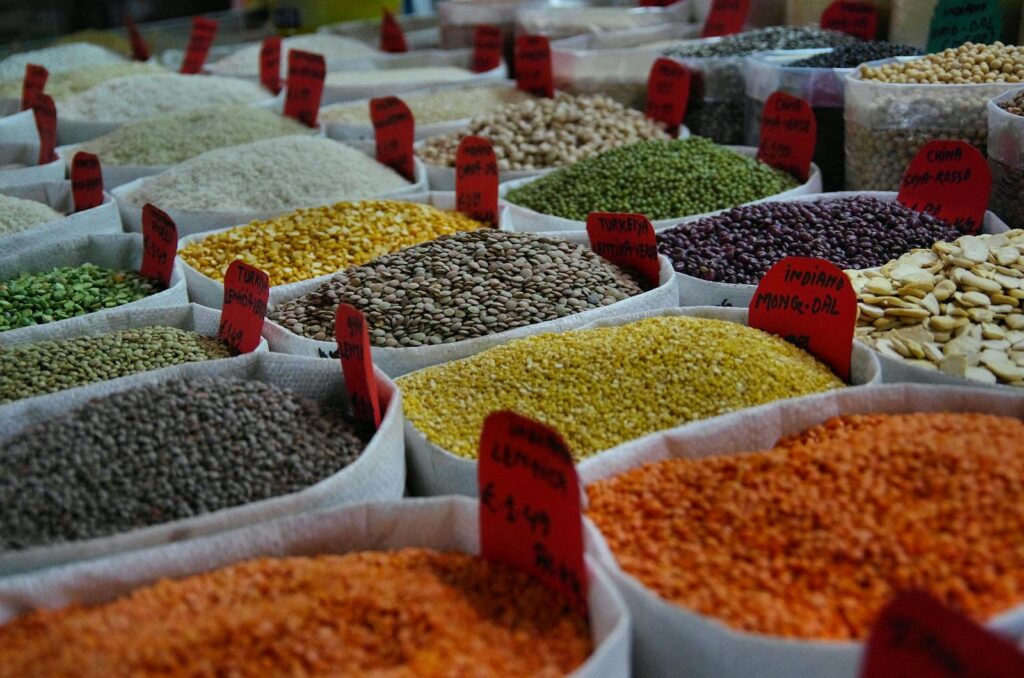
These plant-based powerhouses are filled with protein, fiber, and iron—nutrients that become even more essential with age. Beans and lentils help maintain muscle, keep your energy steady, and support heart health. They’re also very affordable and versatile, making them an easy addition to soups, stews, or salads. Eating them regularly can help balance blood sugar and cholesterol levels and keep you full and nourished for longer.
Avocados
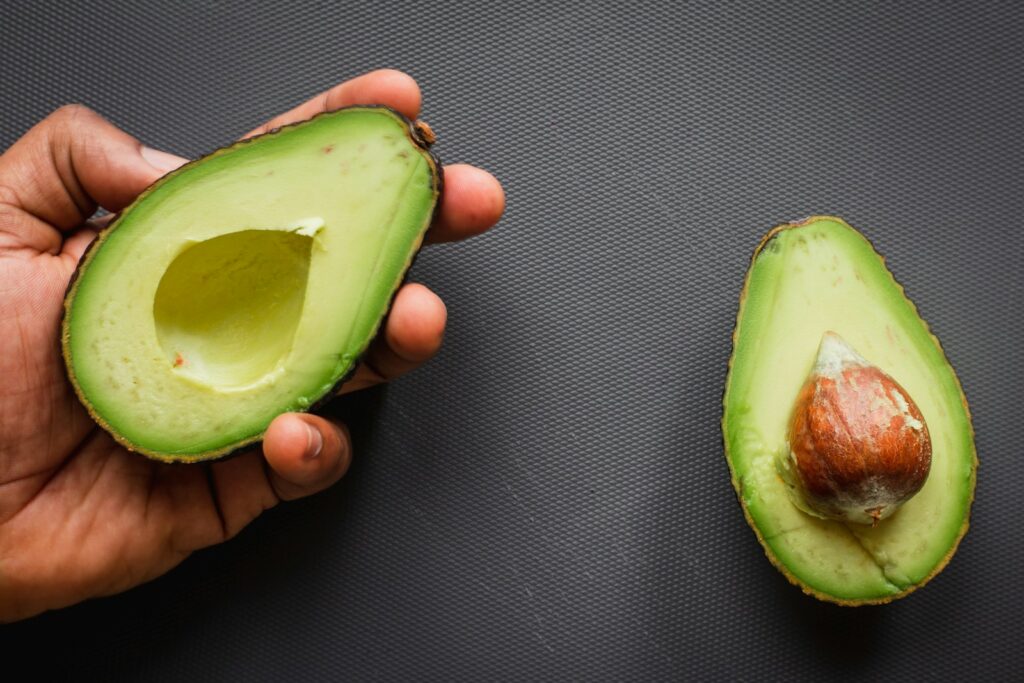
Creamy, filling, and rich in healthy fats, avocados are especially helpful after 50. They support heart health by boosting good cholesterol and lowering the bad kind. They also help your body absorb nutrients from other foods, especially fat-soluble vitamins like A, D, and E. Just a few slices on your toast or in a salad can help keep your energy up and your heart ticking along smoothly.
Sweet Potatoes
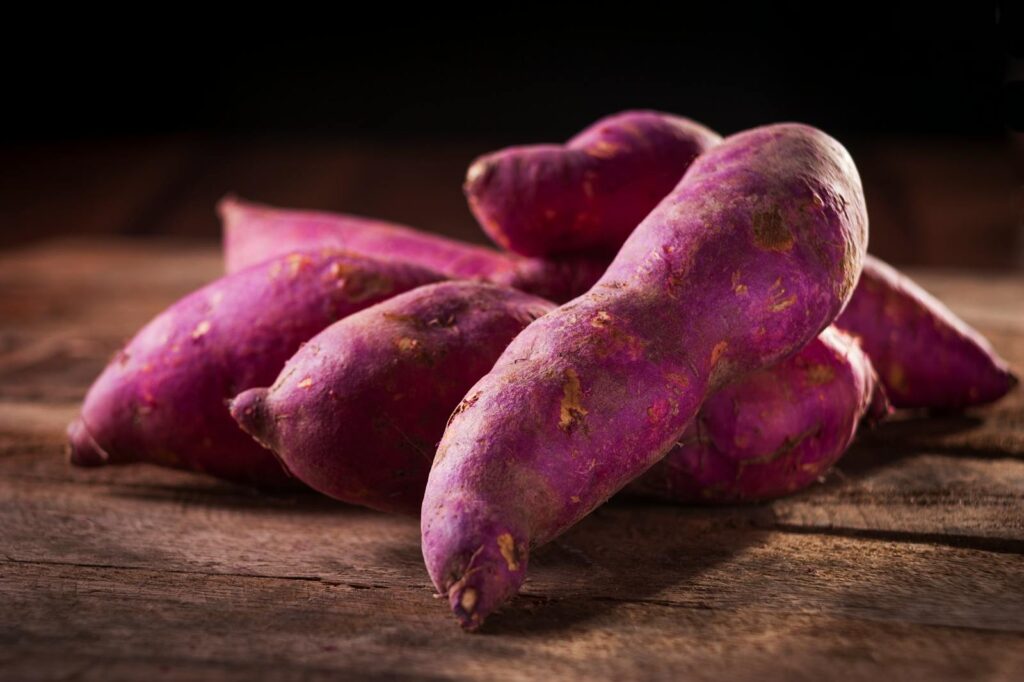
Sweet potatoes bring warmth and nutrition to your plate with every bite. They’re full of fiber, vitamin A, and antioxidants that support eye health, immune strength, and smooth digestion. Their natural sweetness makes them feel like comfort food, but they’re actually one of the healthiest starchy foods you can eat. Try them roasted, mashed, or baked for a delicious way to stay well-nourished as you age.
Turmeric
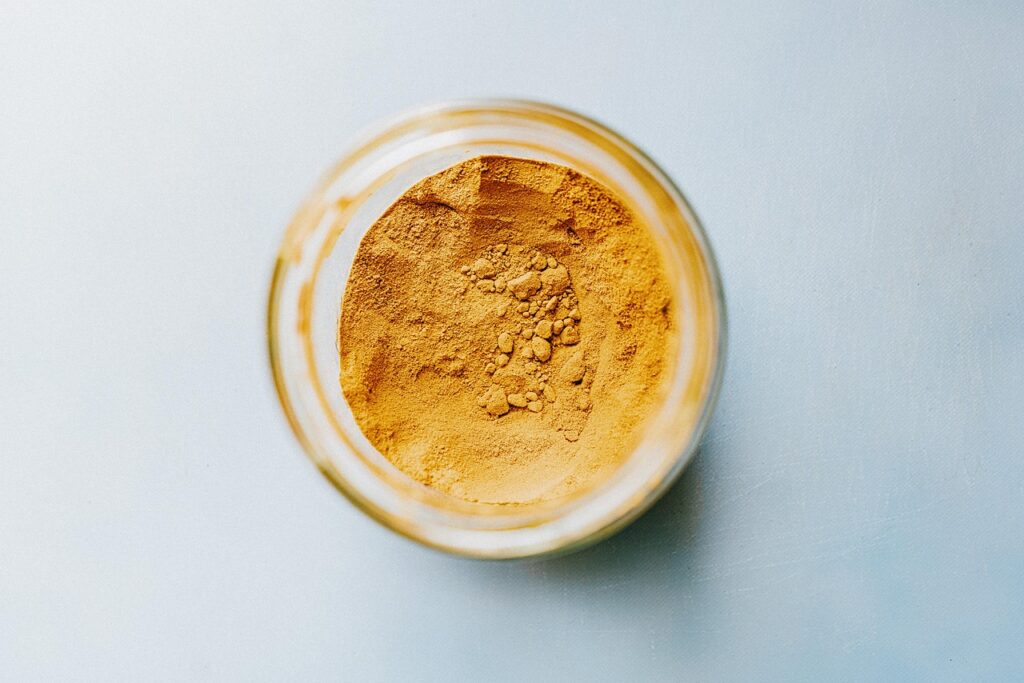
Turmeric isn’t just a spice—it’s a natural way to fight inflammation, which becomes more common as your body gets older. The active ingredient (that’s curcumin) has been studied for its benefits to joints, memory, and even mood. A small amount added to rice, soups, or smoothies can help you feel better day by day. Just remember to pair it with some black pepper to help your body absorb its full power.
Broccoli
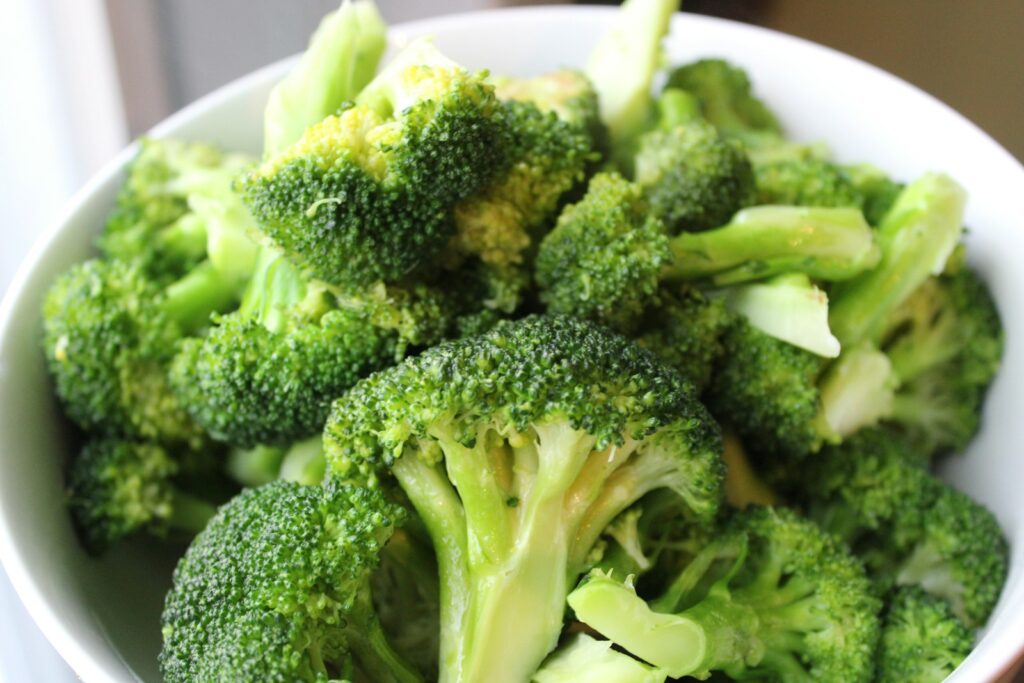
This humble veggie is one of the best foods for aging bodies. Broccoli is very high in fiber, vitamin C, and a compound called sulforaphane, which may help protect against cancer. It also supports immune health and digestion—two things that need extra care after 50. Roasting it brings out a nutty flavor, but you can also steam it or toss it in a stir-fry for a quick nutrient boost.
Pumpkin Seeds
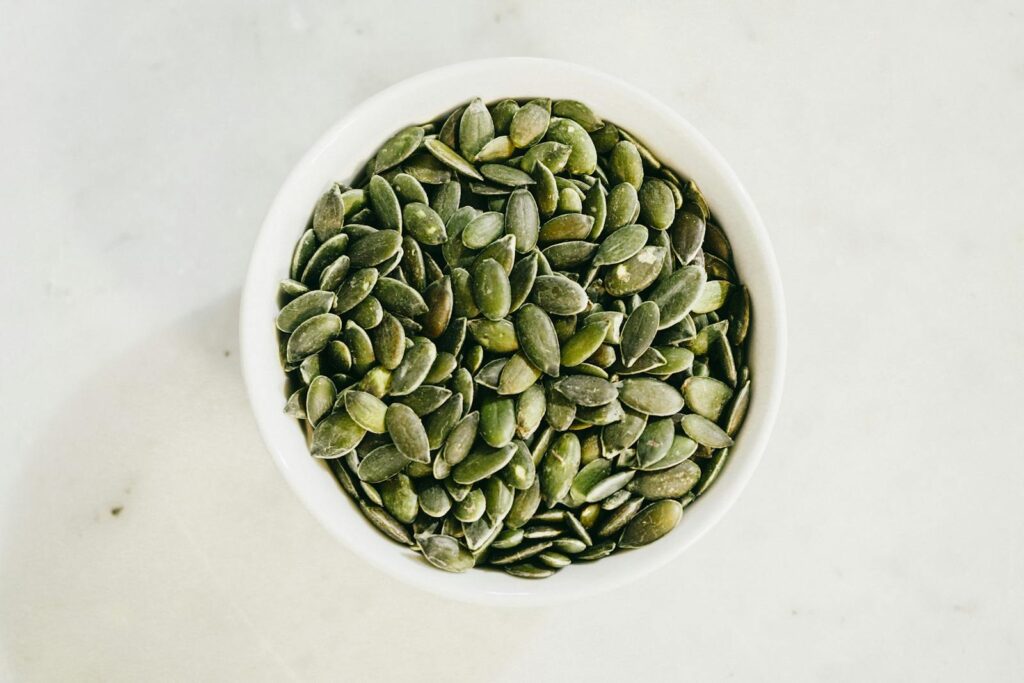
These tiny seeds are easy to overlook, but they deliver a powerful mix of magnesium, zinc, and iron—all minerals your body may start running low on after 50. Pumpkin seeds can support better sleep, reduce stress, and even improve mood and energy levels. A small handful as a snack or sprinkled on top of salads and soups can give your body the minerals it quietly craves.
Tomatoes
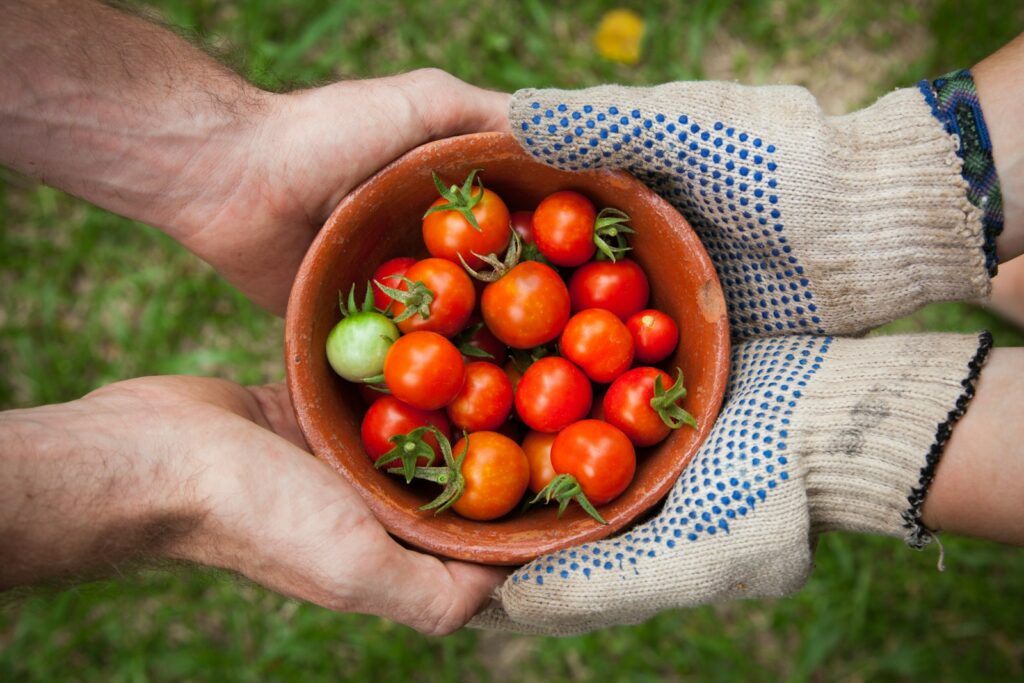
Tomatoes are filled with lycopene, an antioxidant linked to better heart health and a lesser risk of certain cancers. Cooking them actually boosts this nutrient, so sauces, stews, and roasted tomatoes are all great ways to enjoy the benefits. They also provide vitamin C and potassium, which support circulation and blood pressure. Regularly eating tomatoes is a simple habit that can do a lot over time.
Eggs
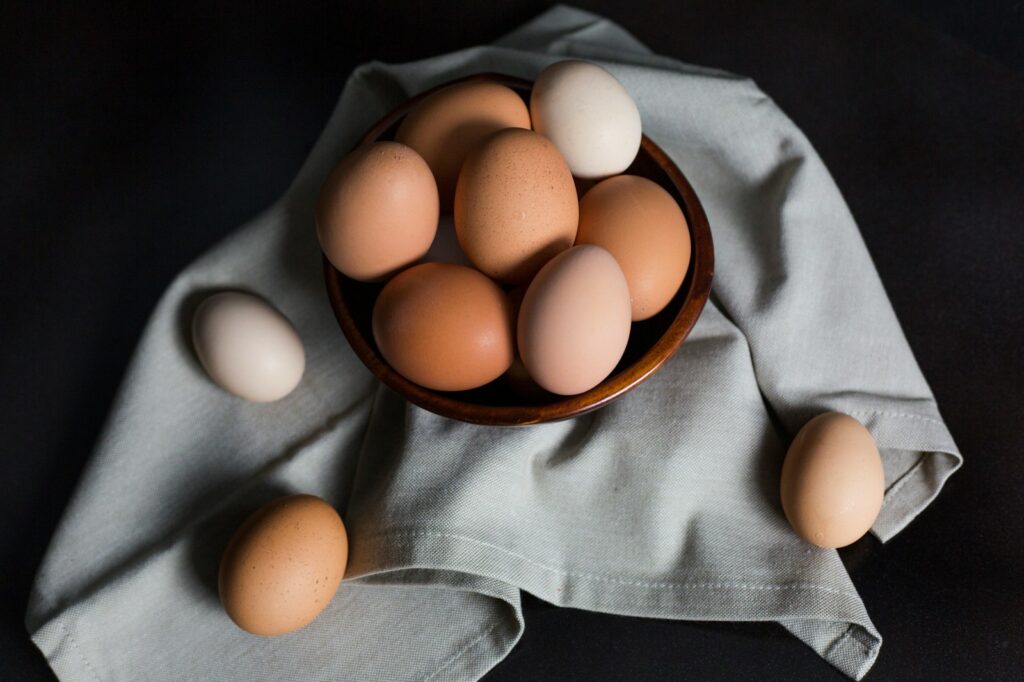
Eggs are one of the easiest ways to get high-quality protein, and they also offer B12 and choline—two nutrients that help with memory and nerve function. After 50, these are more important than ever for keeping your mind sharp and energy steady. They’re quick to cook, filling, and endlessly versatile. Whether scrambled, boiled, or added to a veggie-packed dish, eggs help fuel your day without fuss.
Dark Chocolate

Dark chocolate is more than a treat—it’s actually good for your heart and mind when enjoyed in small amounts. It contains flavonoids that may improve blood flow, lower blood pressure, and even sweeten your mood. A couple of squares after dinner can satisfy cravings while giving your body a little antioxidant love. Just make sure it’s dark chocolate with at least 70% cocoa for the most benefit.
Leave a comment